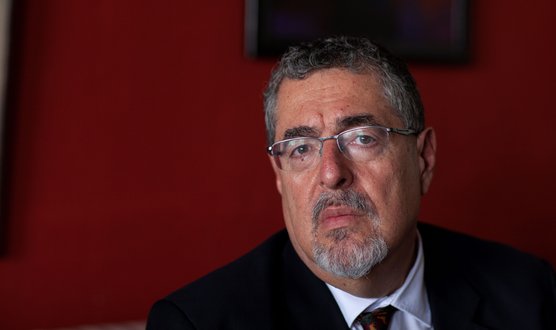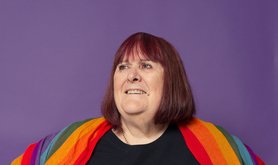This law, and its politicised ignorance, could also hinder my academic freedom to study the coloniality of gender and sexuality. The poorly defined offence of “promotion of homosexuality” could apply to subjects such as decolonial theory, queer theory, feminism, and gender studies, which would make them no-go zones for many researchers. Ultimately, the law could erase gender analysis, contextualisation of homosexuality in Ugandan history studies, and any number of other research practices from our academic culture.
Our education system itself would then produce students with no critical analysis of gender, sexuality or their coloniality within our society.
This is already a significant problem given that our education system was founded by Christian missionaries, and their restrictions on what should or should not become known about the world and ourselves is partly why misinformation about African genders and sexualities is so widely accepted in Uganda.
I am also petitioning against this law simply because I am a Black African, and it is anti-Black to class queer Ugandans as non-humans deserving of life in prison or even death. Many contemporary Ugandans are queer (as even those who legislate against them know). And queerness is well documented in our historical societies, including in the royal court of the Buganda kingdom, the nucleus around which colonialists cobbled present-day Uganda. To disown queer Ugandans is to disown both our past and our present.
Will our petition succeed?
Does our petition stand a chance in the Ugandan courts? I honestly can’t say. I take solace from a few good signs.
First, as we say in the petition, the Ugandan Parliament violated its own rules of procedure to pass the law. Under these rules, every bill should be considered for at least 45 days at the committee level. This law was fast-tracked through Parliament in about 30 days, without allowing for meaningful public engagement or scrutiny. The Constitutional Court annulled an anti-homosexuality law in 2014 for violation of parliamentary procedure during its passing, so we have favourable precedent on that.
The law also does not seem to enjoy much support from the executive arm of government, which is facing pressure from international donors. The attorney general’s office, which is supposed to defend the new law in court against our petition, told Parliament in March that the bill was redundant and later advised the president not to assent to it. Although he did ultimately assent to it, the president showed some hesitancy towards the law.
Without executive interest trying to tip the scales behind the scenes, chances of judicial independence are higher. And the Anti-Homosexuality Act does attempt to reverse constitutional gains that the Ugandan courts have previously defended, such as the right to privacy (even when the violated people were LGBTIQ-identifying), as it mandates reporting anyone suspected of homosexuality.
But whatever the outcome in the courts, the petition itself is a win in resistance for me, because while the law seeks to legislate us into hate or silence, we have stood up to say we disagree and will make that disagreement public. We are saying that we will not slide merrily down this slope of genocidal practice legislated in the name of our cultures.
The petition is part of the Black radical tradition of refusing the silence that oppressive regimes demand of anyone on the margins of society – including women and sexual minorities.
It is resistance that finds fellowship and inspiration in the words attributed to American novelist, anthropologist and feminist Zora Neale Hurston: “If you are silent about your pain, they will kill you and say you enjoyed it.”






Comments
We encourage anyone to comment, please consult the oD commenting guidelines if you have any questions.